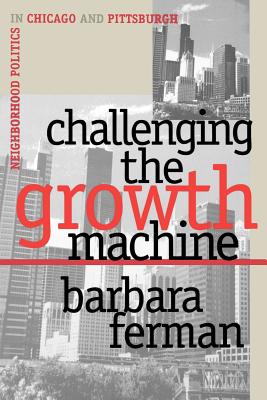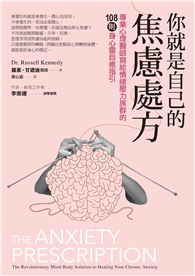Economic development and urban growth are the contested grounds of urban politics. Business elites and politicians tend to forge "pro-growth" coalitions centered around downtown development while progressive and neighborhood activists counter with a more balanced approach that features a strong neighborhood component. Urban politics is often shaped by this conflict, which has intellectual as well as practical dimensions. In some cities, neighborhood interests have triumphed; in others, the pro-growth agenda has prevailed.
In this illuminating comparative study, Barbara Ferman demonstrates why neighborhood challenges to pro-growth politics were much more successful in Pittsburgh than they were in Chicago. Operating largely in the civic arena, Pittsburgh's neighborhood groups encountered a political culture and institutional structure conducive to empowering neighborhood progressivism in housing and economic development policymaking. In contrast, the pro-growth agenda in Chicago was challenged in the electoral arena, which was dominated by machine, ward-based politicians who regarded any independent neighborhood organizing as a threat. Consequently, neighborhood demands for policymaking input were usually thwarted. Besides revealing why the development policies of two important American cities diverged, Ferman's unique comparative approach to this issue significantly expands the scope of urban analysis. Among other things, it provides the first serious study to incorporate the civic sector--neighborhood politics--as an important component of urban regimes. Ferman also emphasizes institutional and cultural factors--often ignored or relegated to residual roles in other studies--and expounds on their influence in shaping local politics and policy. To add an analytical and normative dimension to urban analysis, she focuses on the "non-elite" actors, not just the economic and political elites who compose governing coalitions. Ultimately, Ferman takes a more holistic and balanced view of large cities than is typical for urban studies as she argues that neighborhoods are an important, integral part of what cities are and can be. For that reason especially, her work will have a profound impact upon our understanding of urban politics.| FindBook |
有 1 項符合
Challenging the Growth Machine: Neighborhood Politics in Chicago and Pittsburgh的圖書 |
 |
Challenging the Growth Machine: Neighborhood Politics in Chicago and Pittsburgh 作者:Ferman 出版社:University Press of Kansas 出版日期:1996-09-10 語言:英文 規格:平裝 / 208頁 / 22.9 x 15.2 x 1.5 cm / 普通級/ 初版 |
| 圖書館借閱 |
| 國家圖書館 | 全國圖書書目資訊網 | 國立公共資訊圖書館 | 電子書服務平台 | MetaCat 跨館整合查詢 |
| 臺北市立圖書館 | 新北市立圖書館 | 基隆市公共圖書館 | 桃園市立圖書館 | 新竹縣公共圖書館 |
| 苗栗縣立圖書館 | 臺中市立圖書館 | 彰化縣公共圖書館 | 南投縣文化局 | 雲林縣公共圖書館 |
| 嘉義縣圖書館 | 臺南市立圖書館 | 高雄市立圖書館 | 屏東縣公共圖書館 | 宜蘭縣公共圖書館 |
| 花蓮縣文化局 | 臺東縣文化處 |
|
|
圖書介紹 - 資料來源:博客來 評分:
圖書名稱:Challenging the Growth Machine: Neighborhood Politics in Chicago and Pittsburgh
|









